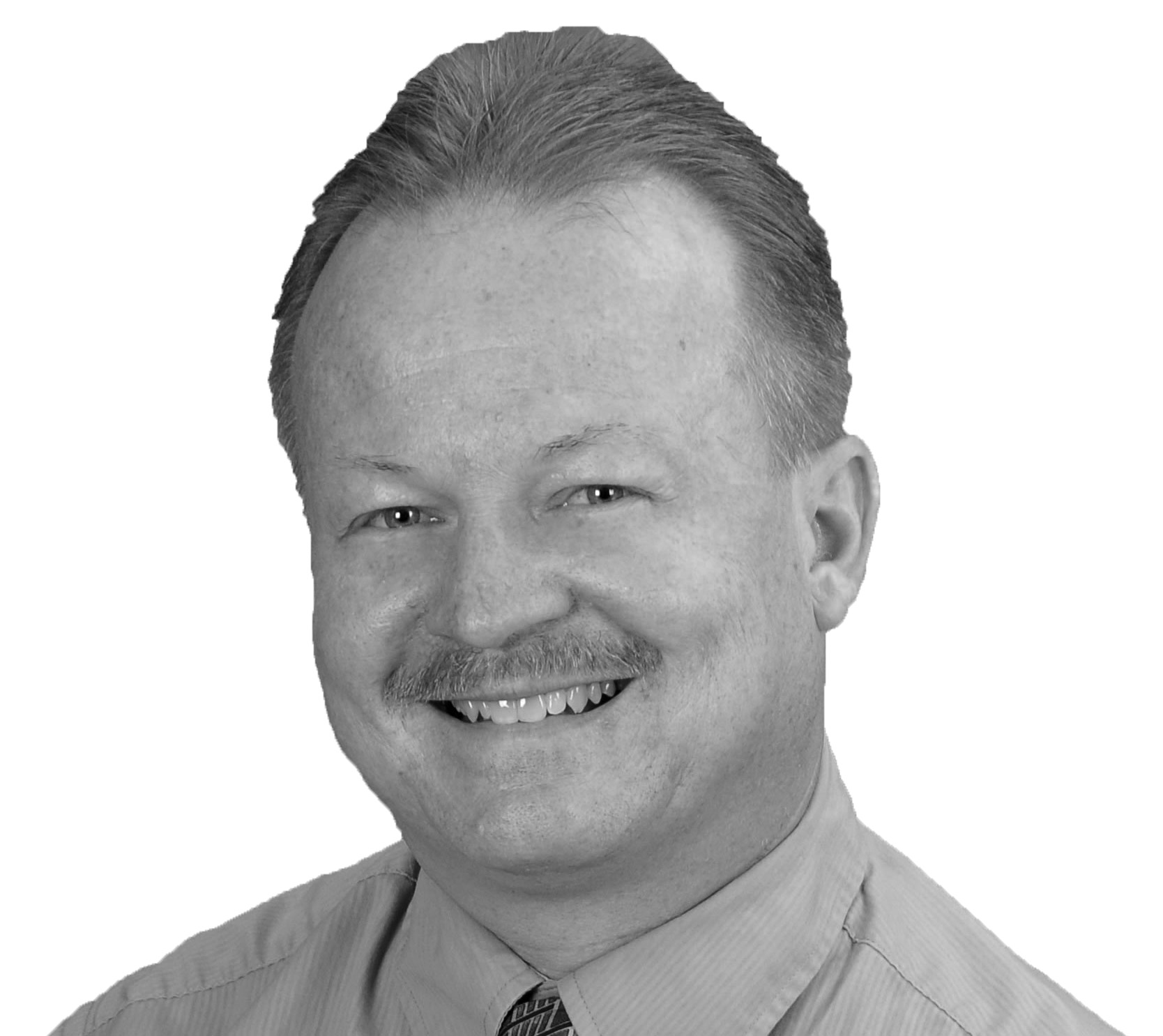It’s been said before that fear is just an acronym for “false evidence appearing real.” Why, then, are we humans so prone to its effects? I recall years ago a priest friend was talking to me about the idea of balance — some might call it temperance. He taught me a phrase coined by Aristotle, and used often by St. Thomas Aquinas: “Virtus Stat in Medio.” It means, “virtue stands in the middle.”
If there’s one statement that quantifies my philosophy, that would be it. Fear can be a good thing when it keeps us from danger. Fear can be a bad thing when it stunts our ability to live. In Scripture, there are a multitude of examples in which heavenly figures visit human beings. The first thing spoken by these messengers is, “Be not afraid.”
In our culture’s exposure to never-ending news, that isn’t easy. Want to fear the world too much? Watch the news for a couple of days. Want to be uniformed? Don’t watch it at all. Want to be misinformed? Count on the mainstream media to give you all the facts.
This overabundance of information into which our culture foists us — particularly since the inception of cable and the incessant need to stay “plugged in” 24/7 — isn’t good for any of us. I would argue it’s just as bad to be totally uniformed. That’s where balance comes in.
Both of my daughters have compassionate hearts. My wife and I want to encourage that. On the flip side, they might also be too trusting. My wife and I want to discourage that. Finding that balance is difficult, and although I would err on the side of compassion, I still tell my daughters not to trust everyone they meet.
My personal story is one that might reflect why. I spent my whole first career as a police officer. At the same time, my family spent lots of time at our church, getting the kids involved. My police friends trusted no one, while my church friends trusted everyone, it seemed. Neither is an accurate orientation, although thinking like a child might orient itself to the latter.
Having teenage daughters isn’t easy at times, especially when you never grew up with sisters. They tend to be fearful they won’t be accepted, cautious when it comes to new situations, and scared of rejection at any level.
I read a book years ago titled, “Strong Fathers, Strong Daughters.” I think I need to re-read it. What I recall from it is that helping them overcome their fears is one of my jobs. And it’s much easier if I fear less. My former career predisposed me to fears of every kind; every time I heard a siren, I wondered if it was my turn to experience the pain I’d seen in so many others.
But when I allowed myself to step away from that arena, I began to allow myself to take some calculated risks and see that not everyone is bad. I was able to … well, live a little. Finding Christ in the people we meet helps us to find the good in them, rather than always fearing someone else is out to get us. Isn’t that the very thing we want people to do for us?
At the same time, pretending that evil doesn’t exist — or calling it something other than what it is —helps no one. There’s a statement I read once from St. Augustine: “Some people, fearing to offend, shut their eyes to evil deeds instead of condemning them and pointing out their malice.” We don’t have to look hard to find evil these days. When we find it, we need to confront it, not pretend it doesn’t exist. At the same time, I think it behooves us — in fact, me — to find more good, to give more breaks, to give people the benefit of the doubt more often. If I do that, my kids might see me fear less — and be less disposed to that fear themselves.
Paul Stuligross is a theology teacher and department head at Orchard Lake St. Mary’s Preparatory and is a retired police officer.
Being Catholic means finding a healthy balance









